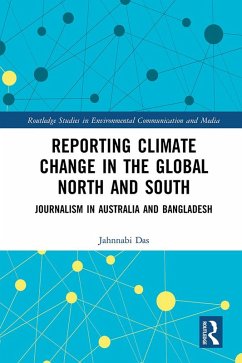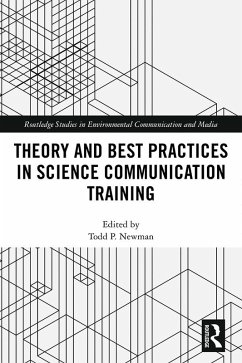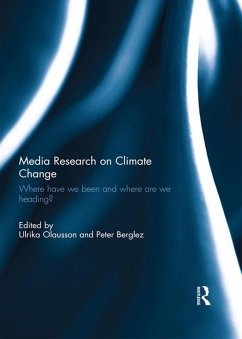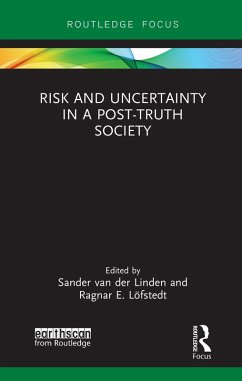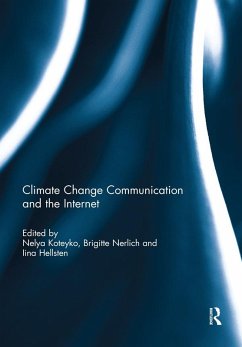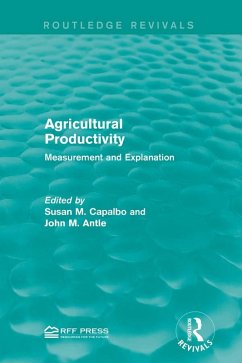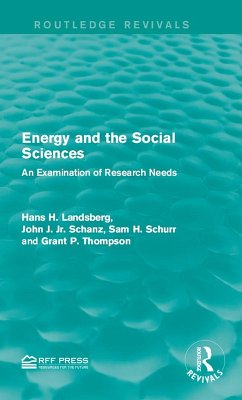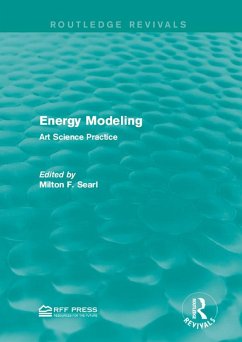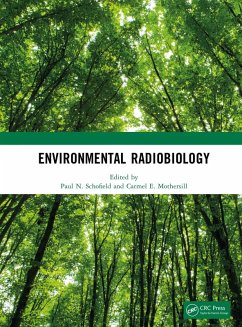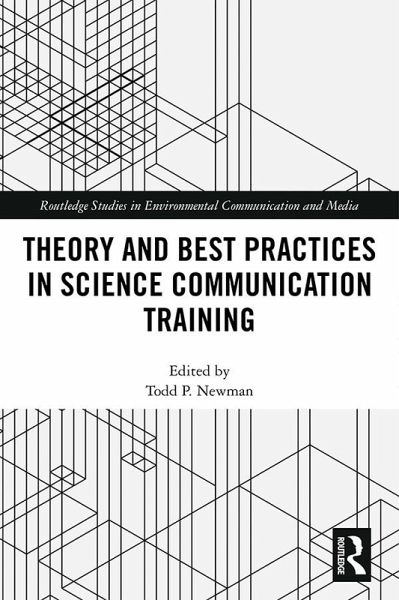
Theory and Best Practices in Science Communication Training (eBook, ePUB)
Versandkostenfrei!
Sofort per Download lieferbar
41,95 €
inkl. MwSt.
Weitere Ausgaben:

PAYBACK Punkte
21 °P sammeln!
This edited volume reports on the growing body of research in science communication training, and identifies best practices for communication training programs around the world.Theory and Best Practices in Science Communication Training provides a critical overview of the emerging field of by analyzing the role of communication training in supporting scientists' communication and engagement goals, including scientists' motivations to engage in training, the design of training programs, methods for evaluation, and frameworks to support the role of communication training in helping scientists re...
This edited volume reports on the growing body of research in science communication training, and identifies best practices for communication training programs around the world.
Theory and Best Practices in Science Communication Training provides a critical overview of the emerging field of by analyzing the role of communication training in supporting scientists' communication and engagement goals, including scientists' motivations to engage in training, the design of training programs, methods for evaluation, and frameworks to support the role of communication training in helping scientists reach their communication and engagement goals. This volume reflects the growth of the field and provides direction for developing future researcher-practitioner collaborations.
With contributions from researchers and practitioners from around the world, this book will be of great interest to students, scholars and, professionals within this emerging field.
Theory and Best Practices in Science Communication Training provides a critical overview of the emerging field of by analyzing the role of communication training in supporting scientists' communication and engagement goals, including scientists' motivations to engage in training, the design of training programs, methods for evaluation, and frameworks to support the role of communication training in helping scientists reach their communication and engagement goals. This volume reflects the growth of the field and provides direction for developing future researcher-practitioner collaborations.
With contributions from researchers and practitioners from around the world, this book will be of great interest to students, scholars and, professionals within this emerging field.
Dieser Download kann aus rechtlichen Gründen nur mit Rechnungsadresse in A, B, BG, CY, CZ, D, DK, EW, E, FIN, F, GR, HR, H, IRL, I, LT, L, LR, M, NL, PL, P, R, S, SLO, SK ausgeliefert werden.




